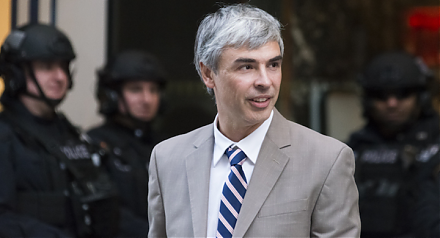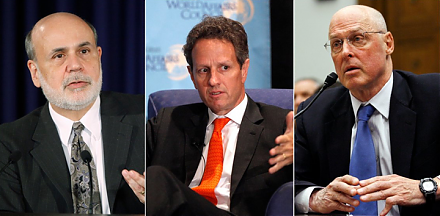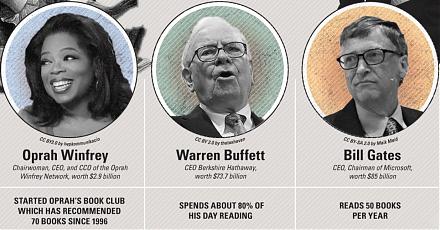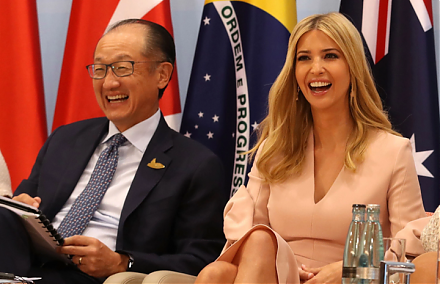

2018-05-21 07:39:00 Mon ET
stock market competition macrofinance stock return s&p 500 financial crisis financial deregulation bank oligarchy systemic risk asset market stabilization asset price fluctuations regulation capital financial stability dodd-frank
Dodd-Frank rollback raises the asset threshold for systemically important financial institutions (SIFIs) from $50 billion to $250 billion. This legislative change exempts some banks from annual stress tests and living wills that the Obama administration designed as a safety valve to prevent another major financial calamity. As a result, this structural regime switch will provide smaller financial institutions with primary relief from the strict rules and regulations that apply to most Wall Street banks.
President Trump affirms his clear intention to sign this bill into law. The Dodd-Frank rollback tends to benefit non-systemic financial institutions, community banks, and other small lenders. However, Congress expresses the consensus view that most banks should be subject to substantially higher core equity capital requirements to safeguard against extreme losses in rare times of financial stress.
As financial intermediary capital covaries with both aggregate credit supply and household debt fluctuations, these ebbs and flows cause real business cycles and financial market fluctuations. Sticky prices and interest rates can persist over the interim period, and transitional dynamism manifests in real macro movements such as real GDP expansion, employment, capital investment, industrial production, and bank balance sheet expansion.
If any of our AYA Analytica financial health memos (FHM), blog posts, ebooks, newsletters, and notifications etc, or any other form of online content curation, involves potential copyright concerns, please feel free to contact us at service@ayafintech.network so that we can remove relevant content in response to any such request within a reasonable time frame.
2025-08-02 13:31:00 Saturday ET

Chip Espinoza, Mick Ukleja, and Craig Rusch shine fresh light on the core competences for managing millennials as part of the new modern workforce in recent
2019-07-23 09:22:00 Tuesday ET

Harvard economic platform researcher Dipayan Ghosh proposes some alternative solutions to breaking up tech titans such as Facebook, Google, Apple, and Amazo
2018-07-17 08:35:00 Tuesday ET

Henry Paulson and Timothy Geithner (former Treasury heads) and Ben Bernanke (former Fed chairman) warn that people seem to have forgotten the lessons of the
2024-02-04 08:28:00 Sunday ET

Our proprietary alpha investment model outperforms most stock market indexes from 2017 to 2024. Our proprietary alpha investment model outperforms the ma
2022-09-15 11:38:00 Thursday ET

Capital structure choices for private firms The Kauffman Firm Survey (KFS) database provides comprehensive panel data on 5,000+ American private firms fr
2019-06-15 10:28:00 Saturday ET

The Sino-American trade war may slash global GDP by $600 billion. If the Trump administration imposes tariffs on all the Chinese imports and China retaliate